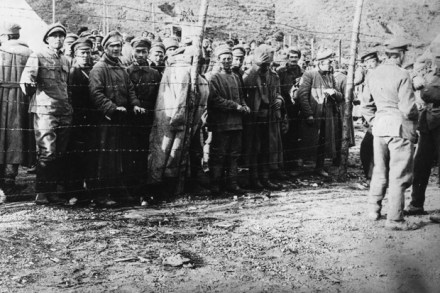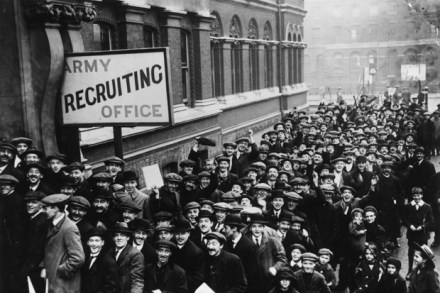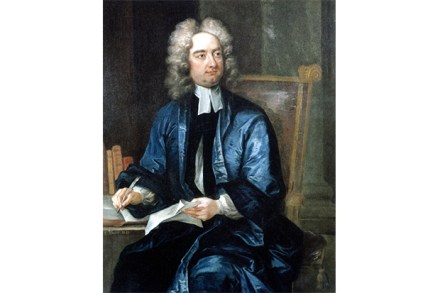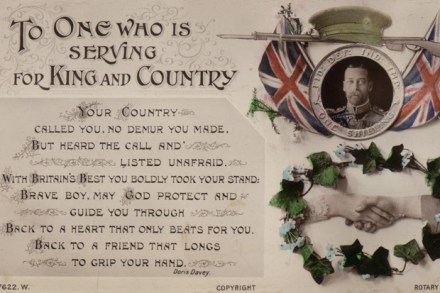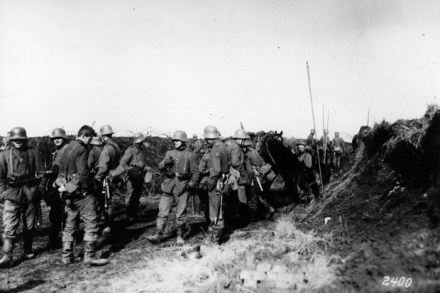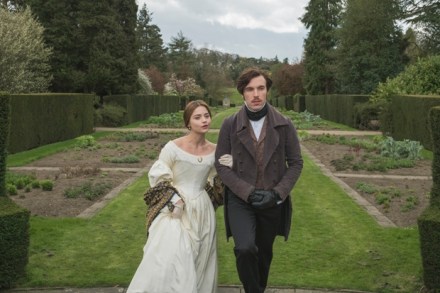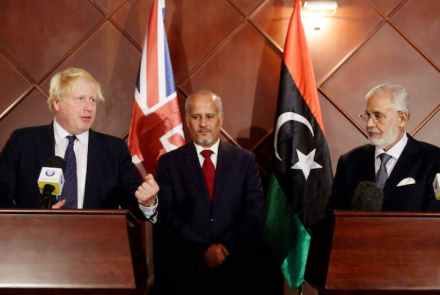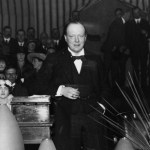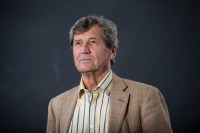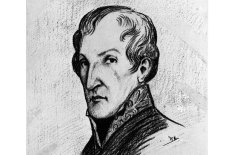Conditions for surrender
From ‘How to Shorten the War. I. Prisoners’, The Spectator, 11 November 1916: Unless we altogether mistake the mental character of the German military authorities, they will hold that there is only one effective way of dealing with our invitation to a British fireside in a prison camp, and that is by stamping with the utmost ferocity upon any symptom of readiness to surrender… If once we can set one or two plain questions rolling in the German lines, we shall have done what we want to do. ‘Is it worth while to bear this? Are we doing any good by bearing it? Does not the way we are treated give
